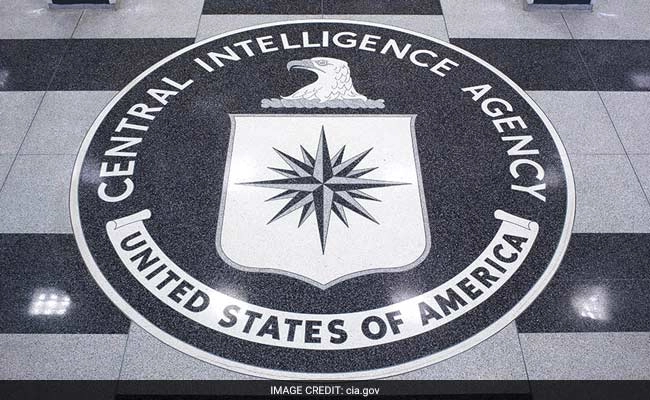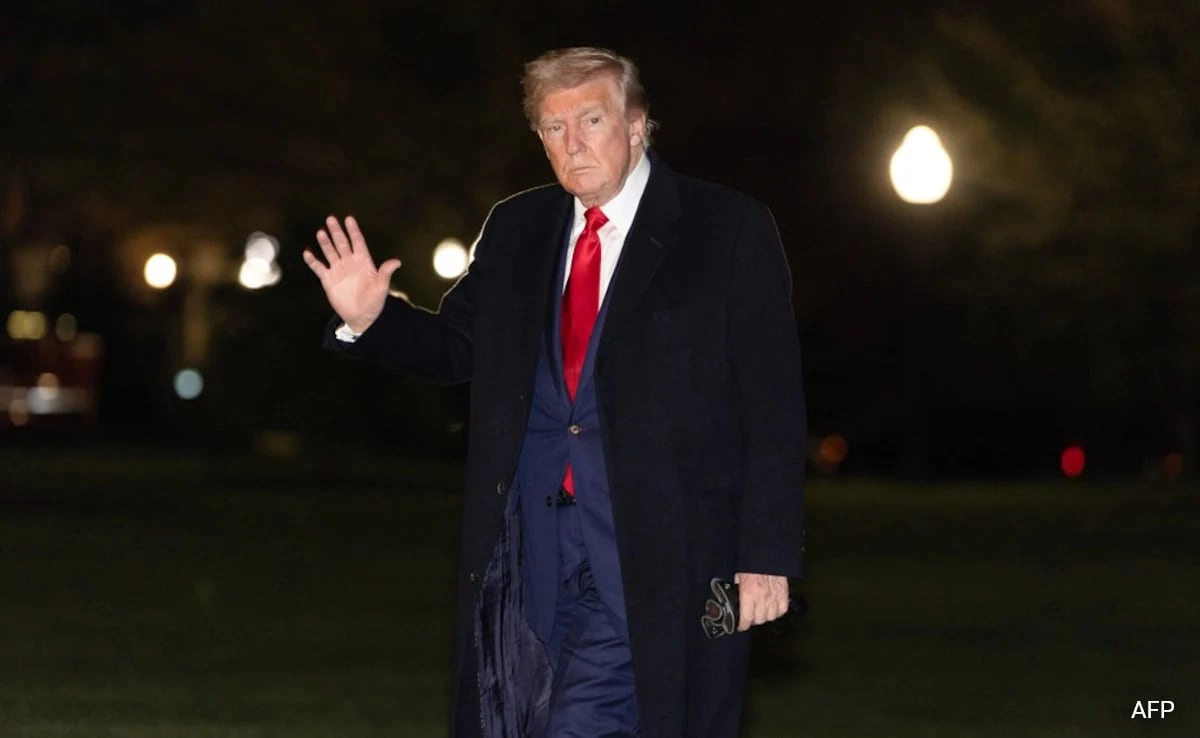The Central Intelligence Agency (CIA) is reportedly planning to reduce its workforce by approximately 1,200 positions, a move that underscores a significant shift in its operational strategies and resource allocation. This decision comes in the context of evolving global threats and a need for the agency to adapt to a rapidly changing intelligence landscape. The cuts may reflect a broader trend within government agencies, where budget constraints and efficiency demands are prompting a reevaluation of personnel needs and operational effectiveness.
The potential job cuts at the CIA are expected to affect various departments within the agency, raising concerns about how these reductions might impact its overall intelligence capabilities. As the agency grapples with the challenges of cybersecurity threats, geopolitical tensions, and the rise of non-state actors, losing experienced personnel could hinder its ability to respond effectively to these complex issues. Critics argue that such reductions might compromise national security, especially at a time when intelligence gathering and analysis are more critical than ever.
Moreover, the announcement of the job cuts has sparked discussions about the future of intelligence work in the United States. With advancements in technology and shifting priorities, the CIA may be aiming to streamline operations and focus on areas where it can leverage new tools and methodologies. The agency may be investing in technology-driven solutions and automation to enhance its capabilities, but the transition could leave a gap in expertise and institutional knowledge that is difficult to replace.
As the CIA moves forward with these changes, it will be essential for the agency to balance its budgetary constraints with the imperative of maintaining a robust intelligence community. The implications of these job cuts are far-reaching, affecting not only the agency’s workforce but also its ability to fulfill its mandate of safeguarding national security. Stakeholders, including lawmakers and intelligence experts, will be closely monitoring the situation, as the outcomes could significantly influence the future direction of U.S. intelligence operations.




